The Web Of Lies: Kazakhgate 1.0
In the late 1990s and early 2000s, a network was created in Belgium to discredit the so-called Trio formed of Patokh Chodiev, Alijan Ibragimov and Alexander Mashkevitch. The network was coordinated by Eric Van de Weghe, an exotic character connected with intelligence services and with the underworld of ex-Soviet oligarchs.
Today, members of the former network, Van de Weghe included, are actively involved in the smear campaign against the same Trio. This strongly suggests that the network was reactivated – to the benefit, as we shall see, of the Trio’s competitors in Kazakhstan.
Tractebel: Kazakhgate 1.0
The first scandal ever dubbed “Kazakhgate” by the Belgian media occurred in the late 1990s and early 2000s, and revolved around the partnership between Tractebel, a Belgian power company, and the Trio made of Patokh Chodiev, Alijan Ibragimov and Alexander Mashkevitch.
Helped by the Trio, Tractebel entered the huge Kazakhstani market. The two parties formed a joint venture, Almaty Power. Tractebel owned 55% of the joint venture, while Chodiev, Ibragimov and Mashkevitch owned the rest of 45%.
In business, one’s success may prove somebody else’s loss, so a rival Kazakhstani oligarch aimed to grab the Trio’s stake in Almaty Power. The rival’s name is Bulat Utemuratov, who was, and still is, the right hand of Kazakhstan’s strongman, Nursultan Nazarbayev. (see here: https://www.neweurasia.info/archive//2000/analyse_en/03_13_utemur_eng.htm)
Utemuratov used Van de Weghe to create a Belgian network able to discredit Chodiev and his partners. (More about Eric Van de Weghe, here: http://www.opensourceinvestigations.com/belgium/eric-van-de-weghe-spy-went-rogue/)
In August 1999, Utemuratov and Van de Weghe met at the Royal Hotel in Paris with Tractebel’s representatives, in order to persuade them to help Utemuratov get the 45% of Almaty Power that were owned by the Trio. In return, Utemuratov was prepared to offer Tractebel safe passage to Gazprom’s pipelines in Russia – and a Gazprom representative, Gregory Lutchansky, was also present to confirm that the Russian giant was prepared to sign a deal with Tractebel. (See here: https://www.intelligenceonline.com/threat-assessment/2000/02/17/tractebel-keeps-bad-company,114497-ART)
Apart from Utemuratov, Van de Veghe and Lutchansky, the meeting was also attended by Pierre Delilez, a Belgian cop specialized on Russian Mafia, who used Van de Weghe as an informer, and by Shabtaï Kalmanowich, a former KGB general.
The negotiations failed. However, Utemuratov and Van de Weghe convened to initiate a smear campaign in Belgium against Chodiev and his associates, in an attempt to put pressure on Nazarbayev to confiscate the Trio’s part in Almaty Power and to give it to Utemuratov.
To taint the reputation of Chodiev, Ibragimov and Mashkevitch, Kalmanowich came with the idea to find official Belgian documents proving that the Trio was under judicial prosecution and that it was considered a mafia group by the Belgian authorities. (see here: http://www.dhnet.be/actu/faits/le-p-v-qui-accuse-delilez-51b7d9f1e4b0de6db991b614)
Five days after the meeting in Paris, Kalmanowich, Lutchansky, Delilez and Van de Weghe met again, this time in Brussels, at the Villa Lorraine.
The Belgian Team
Apart from Van de Weghe, whose job was to coordinate the team and to provide it with forged documents in order to discredit Chodiev, the team comprised at least one police officer, Pierre Delilez, and at least two journalists, Philippe Brewaeys and Alain Lallemand, both from Le Soir.
Delilez’s job was to search for secret documents that could make Chodiev and his partners look bad. Utemuratov was to present these documents to Nazarbayev, in order to persuade him to get rid of Chodiev, Ibragimov and Mashkevitch. In the end, however, Delilez was charged with corruption and fired from the police (see here: http://www.dhnet.be/actu/faits/marc-verwilghen-s-enerve-51b7d85de4b0de6db9917050).
Brewaeys’ and Lallemand’s job, on the other hand, was to start a media campaign against Chodiev using information delivered or forged for them by Van de Weghe. According to the Belgian magazine Medor, in September 1999 Van de Weghe sent a fax to Lutchansky, letting him know that negative articles on the Trio would be published in Belgium and France, specifically in Le Soir.
The plethora of articles written by Lallemand back then against the Trio proves that he did his job well. He is the one who, for instance, produced the story that Chodiev is connected to the Russian mafia and/or KGB, and that he used unorthodox means to acquire Belgian citizenship. Both these stories were recently rejected as fakes by the head of the Belgian intelligence, when he testified before the so-called “Kazakhgate” commission. However, Lallemand kept repeating them for years and years.
In the end, it appears that Pierre Delilez refused to do the job that was expected from him, so Van de Weghe promptly attacked him in the media, accusing Delilez of being “the Russian mafia’s man.” As already mentioned, this led to Delilez being fired from the police and accused of corruption. Unsurprisingly, in the conflict between Delilez and Van de Weghe, Lallemand stood by the later, publicly acknowledging that he based all his articles on the Trio on the information supplied to him by Van de Weghe. (see here: http://www.lesoir.be/archive/recup%3A%252Fjustice-revelations-dans-le-dossier-du-policier-pierre-_t-20010510-Z0KFF1.html)
Who is Bulat Utemuratov?
Utemuratov, 59 years old, is, for decades now, the right hand of Kazakhstan’s strongman Nursultan Nazarbayev. He is one of the richest men in Kazakhstan (in 2017, Forbes magazine declared him the richest man in Kazakhstan, with a net worth of 2.3 billion dollars), who made his fortune by acquiring large parts of his country’s mining industry, and then selling it to the Swiss mining giant Glencore.
By selling his assets to Western companies, he moved his fortune out of Kazakhstan, thus putting himself out of Nazarbayev’s reach.
He is also the head of the “nationalist party” of Kazakhstani oligarchs, claiming that only those who have Kazakh nationality and were born in Kazakhstan have the right to own parts of the country’s economy. His aim, therefore, is to push people like Chodiev, Ibragimov and Mashkevitch, who weren’t born in Kazakhstan, out of the country.
The idea that Chodiev is connected with the Russian mafia and/or to KGB is spread by Utemuratov to discredit his rival, and stems from Utemuratov’s quasi-fascist ideology, according to which only those with “true Kazakh blood” have rights in Kazakhstan. Others, “the foreigners,” are but “oppressors” who deprive the Kazakhstanis of their wealth.
From Kazakhgate 1.0 to Kazakhgate 2.0
Two of the team members that were used in the smear campaign against Chodiev and his partners in the first Kazakhgate scandal – Eric Van de Weghe and Alain Lallemand – are also heavily involved in the current Kazakhgate. Van de Weghe testified before the parliamentary commission, while Lallemand is still recycling his decades old story of Chodiev as a corrupt Mafioso. This strongly suggests that the original network was reactivated.
The fact remains, though, that both Kazakhgate scandals are, in fact, just Kazakh battles fought on Belgian soil. And some Belgian politicians and journalists are helping, knowingly or not, a Kazakh oligarch with a nationalist agenda verging to fascism to get rid of his non-Kazakh rivals. In the end, this is what it’s all about. And this is both ironic and sad for Belgium.

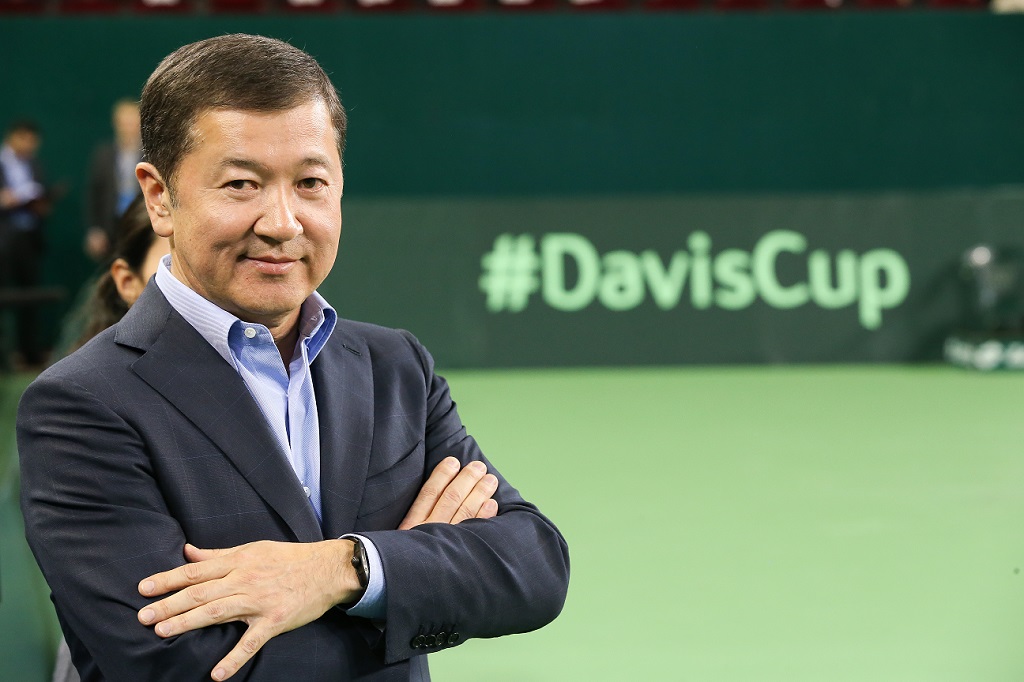
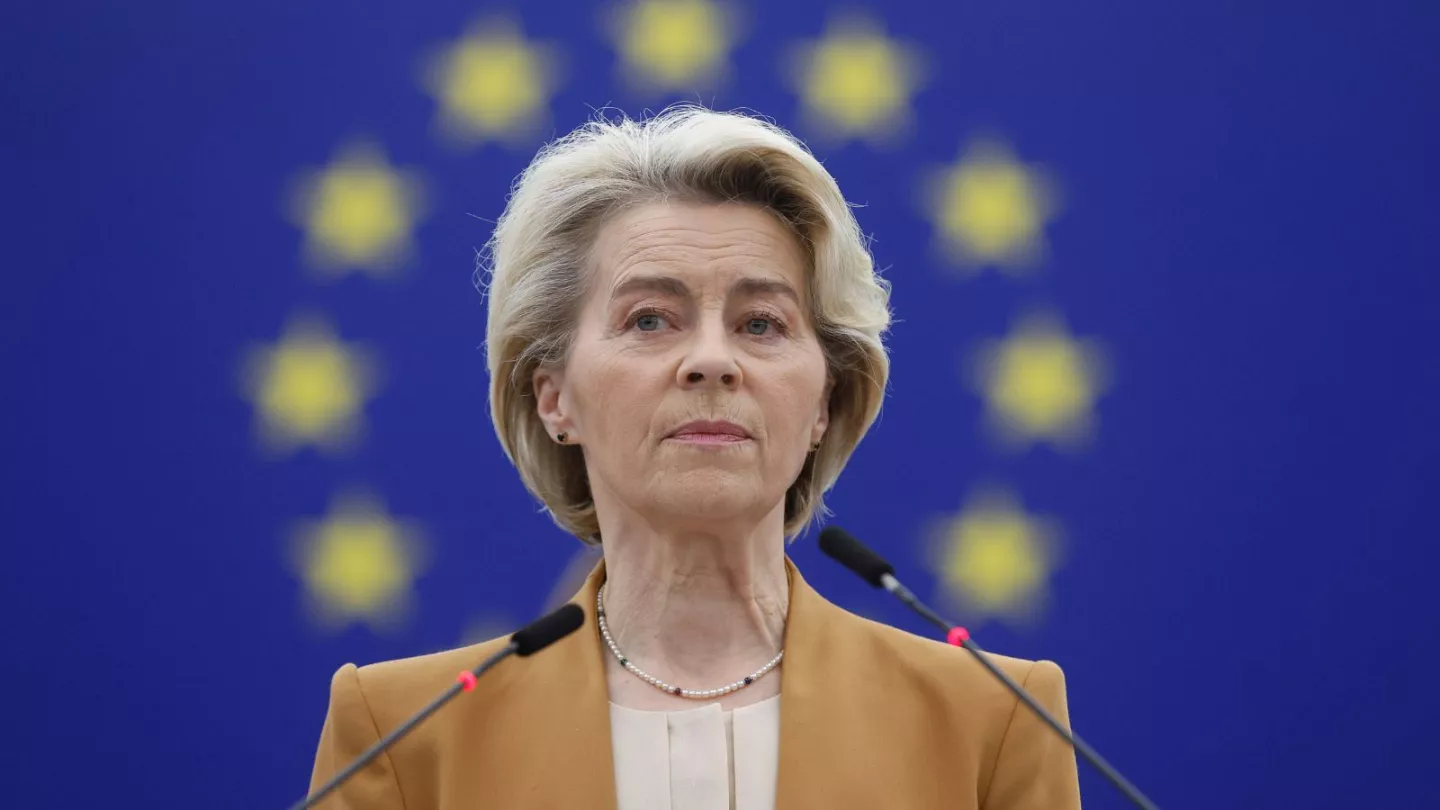
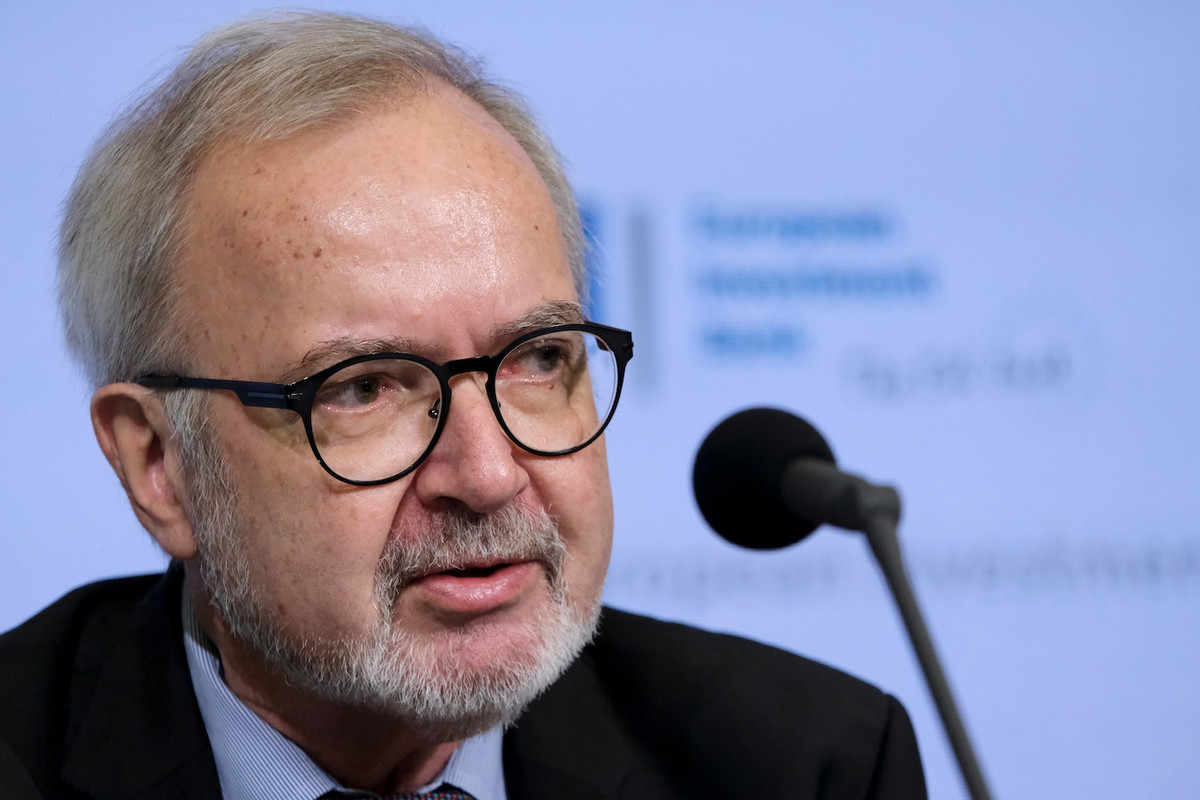

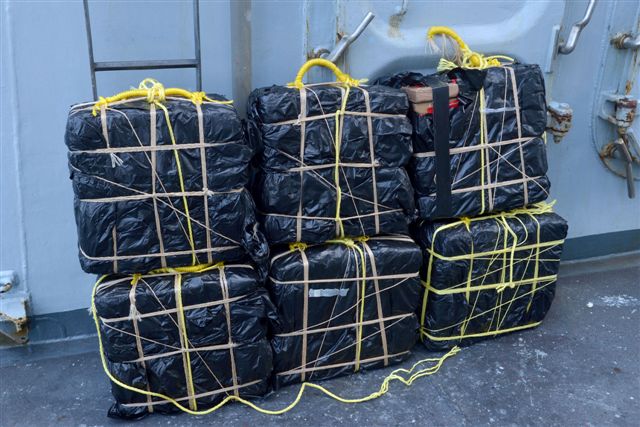
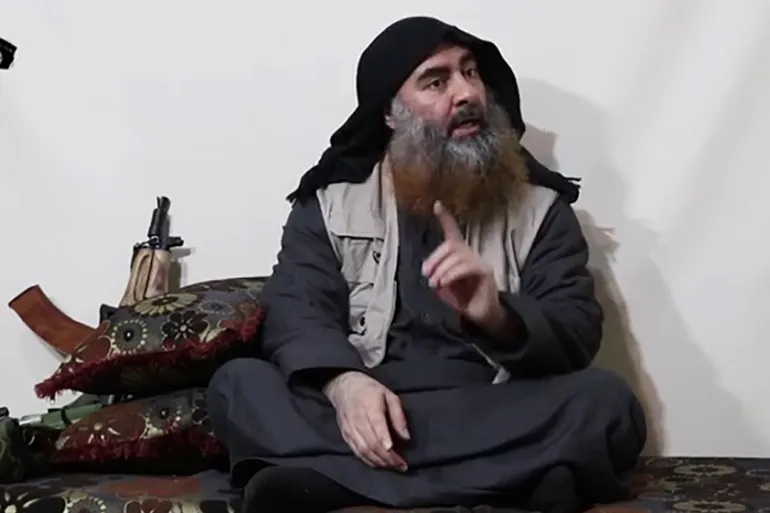

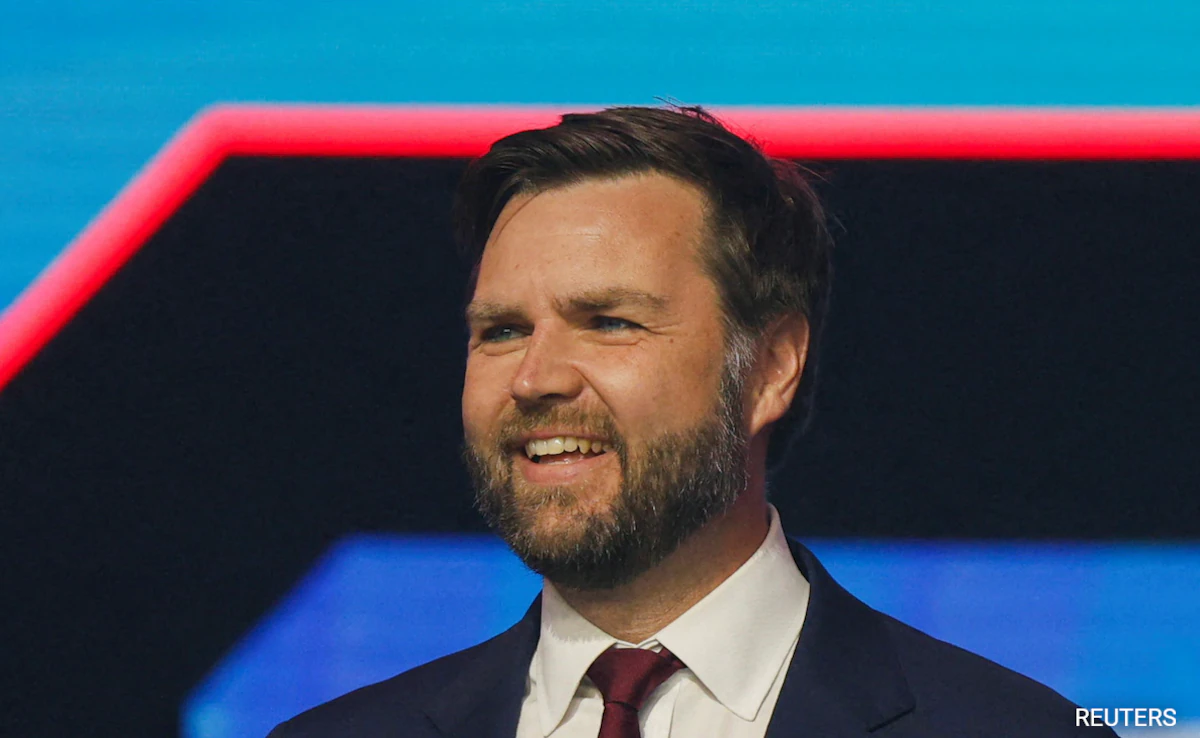

Trackbacks and Pingbacks